This page includes our current permanent and traveling museum exhibits.
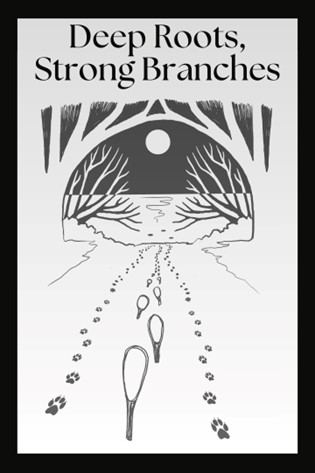
Deep Roots, Strong Branches
The American Abenaki people have lived in N’Dakinna (our Homeland) for more than 12,000 years. Abenaki culture is a complex network of people, places, relationships and ceremonies that links the people with the living land.
This exhibit opened at the Abenaki Heritage Weekend on June 29, 2024 and will remain at the Lake Champlain Maritime Museum through October 20, 2025.
Located in the Museum’s Schoolhouse Gallery, this exhibit presents artwork and stories by the American Abenaki people up to the present day.
The museum is open daily from 10:00 am to 4:00 pm. Admission is free.
Exhibit Schedule
- 2024 Deep Roots, Strong Branches – Lake Champlain Maritime Museum, Vergennes, VT
- 2025 Deep Roots, Strong Branches – Lake Champlain Maritime Museum, Vergennes, VT (closing October 17th)
Developing museum exhibitions is not free to produce.
Our exhibitions bring Indigenous artists and arts into public places across New England. Each exhibition require funding for fees, preparation, travel, installation, and coordination. Public access depends on private support.
What Your Donation Make Possible
- $15-$25/month helps sustain exhibitions year round
- $2,000 supports a traveling exhibition
Exhibitions support bring Indigenous art and artists into public spaces!
Special Thanks To Our Sponsors
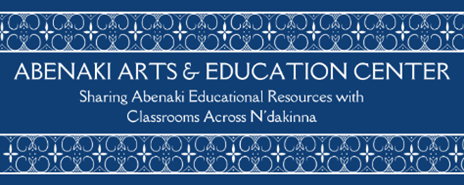
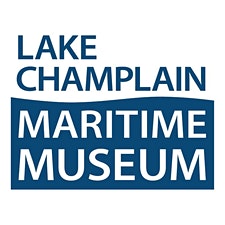
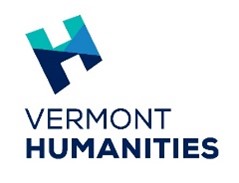
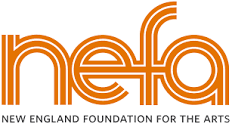
Vermont Abenaki Artists Associated is supported by the New England Foundation for the Arts’ Cultural Sustainability program, made possible by the Wallace Foundation.
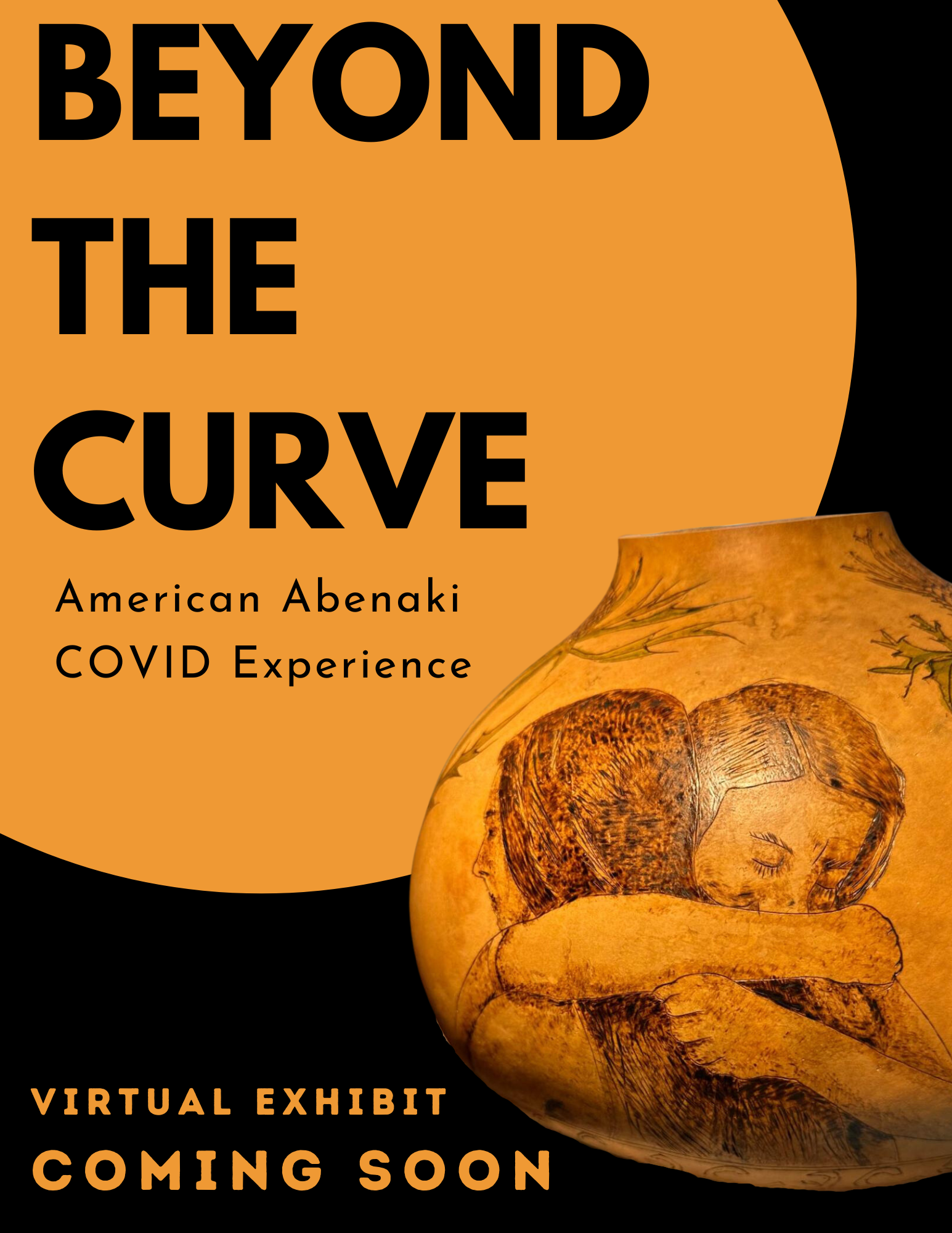
Exhibit Schedule
- 2023 Beyond the Curve, Lake Champlain Maritime Museum, Vergennes, VT
- 2024 Mad River Valley Arts, Waitsfield, VT
- 2024 Chaffee Art Center, Rutland, VT
Beyond the Curve: the Abenaki COVID Experience
In March 2020, the world stood still as businesses and schools around the world closed in response to the global pandemic. Broadcast media, health and government officials repeated
the daily mantra “Flatten the Curve.” Resources became scarce, exposing health disparities and access issues that Native American families face across North America. Here in N’Dakinna (our homeland) Abenaki families turned to traditional medicines and other cultural practices for comfort and survival, connecting with nature and small family groups.
Throughout the dark times that followed, Abenaki and other Native American artists, musicians, and community members expressed the impact of the pandemic on ourselves and our community through storytelling, visual arts, and writing. Our stories of personal experience and perceptions about the disparities, access issues, and historical traumas that contribute to vaccine hesitation are also stories of recovery, survival, and resilience.
The stories and artwork in this exhibit were gathered by the Vermont Abenaki Artists Association through the Abenaki Storytelling Project to create an auto-history of the Native American community in Vermont and the surrounding environs.
Many of the storytellers, artists, and community members who contributed to this body of work found that sharing helped them process their grief. This exhibition goes beyond differences to speak of experiences that are universal.
Together, we move Beyond the Curve.
Waolôwzi (be very well)
Special Thanks To Our Sponsors




Nebizun: Water is Life (2022-2025)
Nebizun (alternately spelled Nebizon) is the Abenaki word for medicine and the root word Nebi is the Abenaki word for water. The rivers and tributaries of N’Dakinna (our homeland) were our highways for traveling and the water itself is important to the species of fish and other wildlife that is necessary to our way of life. As stewards of the environment Native American people know the importance of having clean water. The Abenaki people know and understand the importance of water in everyday activities related to foodways and healing powers of water. Nebizun: Water is Life draws its inspiration from Native American Grandmothers who have been doing water walks to pray for the water, and the 50th anniversary of the Clean Water Act. Curated by Vera Longtoe Sheehan.
- Water is Life – 2022 Lake Champlain Maritime Museum, Vergennes. VT
- Water is Life – 2023 Institute for American Indian Studies, Washington, CT
- Water is Life – 2023 University of Vermont Medical Center, Burlington VT
- Water is Life – 2023 Bixby Library, Vergennes, VT
- Water is Life – 2024 Bixby Library, Vergennes, VT
- Water is Life – 2024 Mount Kearsarge Indian Museum, Warner, NH
- Water is Life – 2024 Ethan Allen Homestead, Burlington, VT
- Water is Life – 2025 Chimney Point State Historic Site, VT (closing October 12, 2025)

by Francine Poitras Jones
Featured Artists: Charlie Adams (Elnu), Vicki Blanchard (Nulhegan), Joe Bruchac (Nulhegan), Bill Gould (Nulhegan), Francine Poitras Jones (Nulhegan), Jeanne Morningstar Kent (Nulhegan), Melody Walker Makin (Elnu), Lucy Cannon Neel (Nulhegan), Hawk Schulmeisters (Elnu), Breanna Sheehan (Elnu), Linda Longtoe Sheehan (Elnu), Chief Roger Longtoe Sheehan (Elnu), Vera Longtoe Sheehan (Elnu), JES (Elnu), Chief April St Francis Rushlow (Missisquoi), Dorothy Tondreau (Elnu), Amy Hook-Therrien (Koasek), and Aaron York (Missisquoi).
Special thanks to Frederick M. Wiseman, Ph.D. for the usage of his family’s fishing equipment.
Thank you to our partners and supporters!
Vermont Abenaki Artists Association is supported by the New England Foundation for the Arts’ Cultural Sustainability program, made possible by the Wallace Foundation.

North East Woodland Fiber Art (2014 to present)
Discover hidden secrets of New England Native people as you explore traditional fiber arts that were once used to create their cloths and containers. Learn how one family in the Northeast has continued this tradition unbroken for generations. Explore plant materials that were and are still used to create soft twine woven bags, baskets and containers. Guest curated by Vera Longtoe Sheehan.
Featured artists: Jessee Lawyer, Julia Marden, Vera Longtoe Sheehan, and Lina Longtoe.
On View at Mt. Kearsarge Indian Museum. Warner, NH.
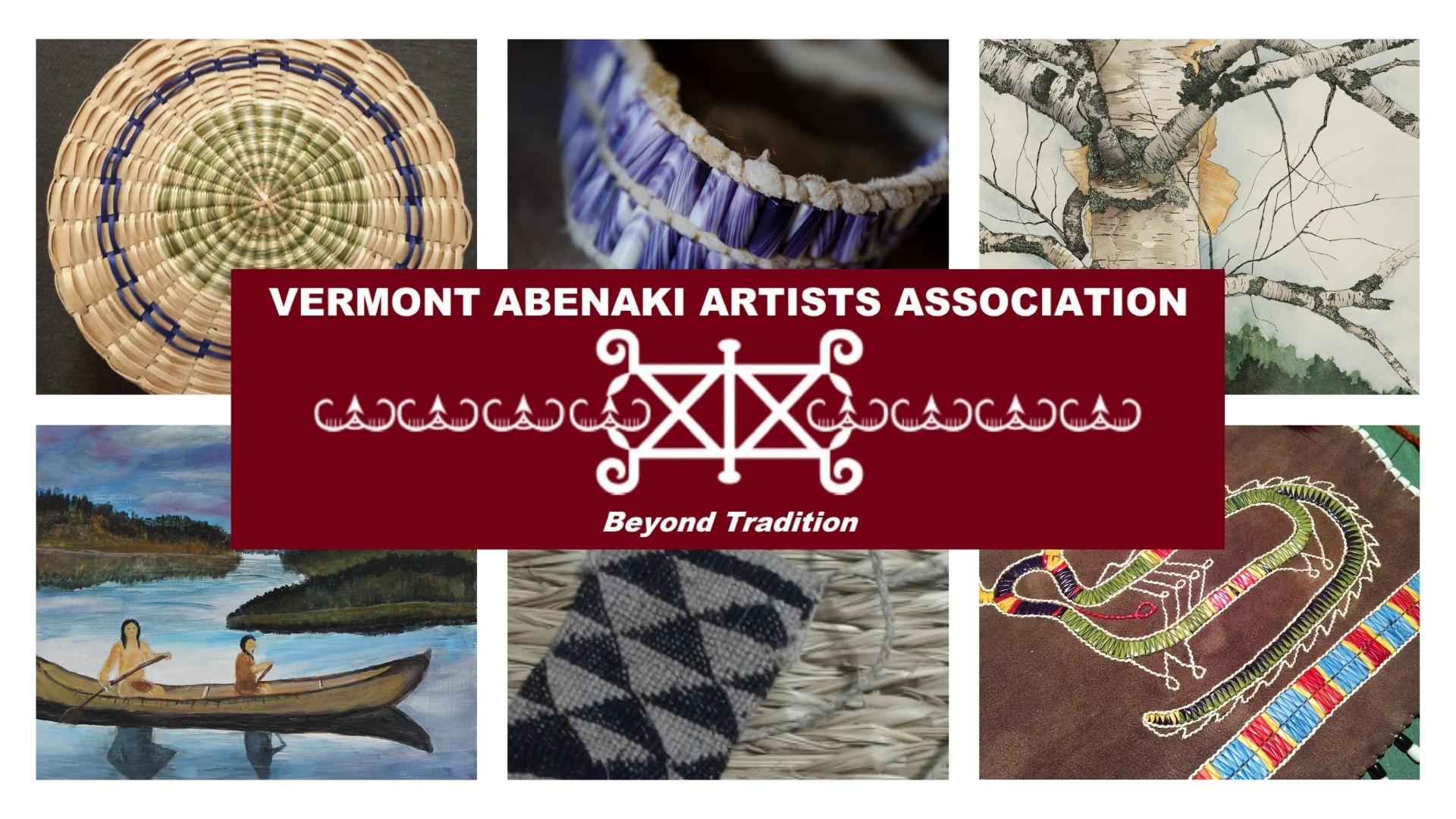


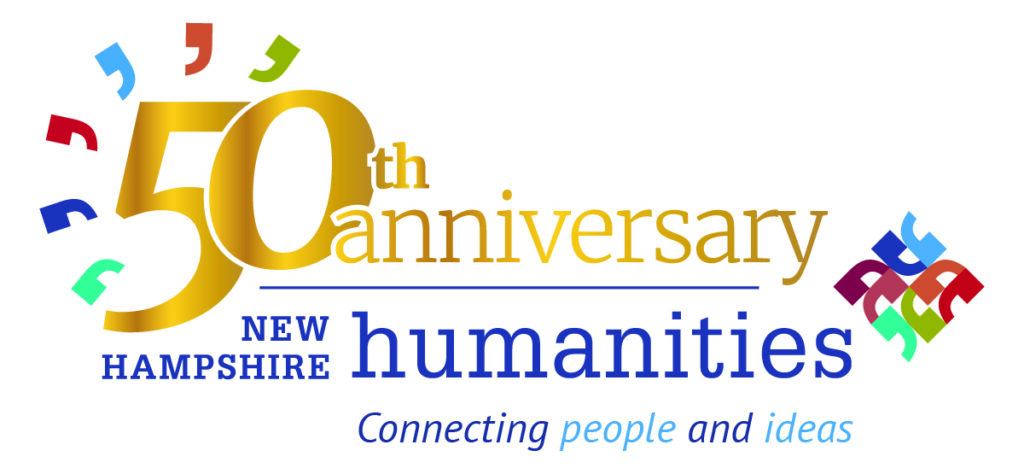



 There’s still time to buy Native this holiday season. Shop for one-of-a-kind holiday gifts from our local Native American artists at these locations and art markets:
There’s still time to buy Native this holiday season. Shop for one-of-a-kind holiday gifts from our local Native American artists at these locations and art markets: